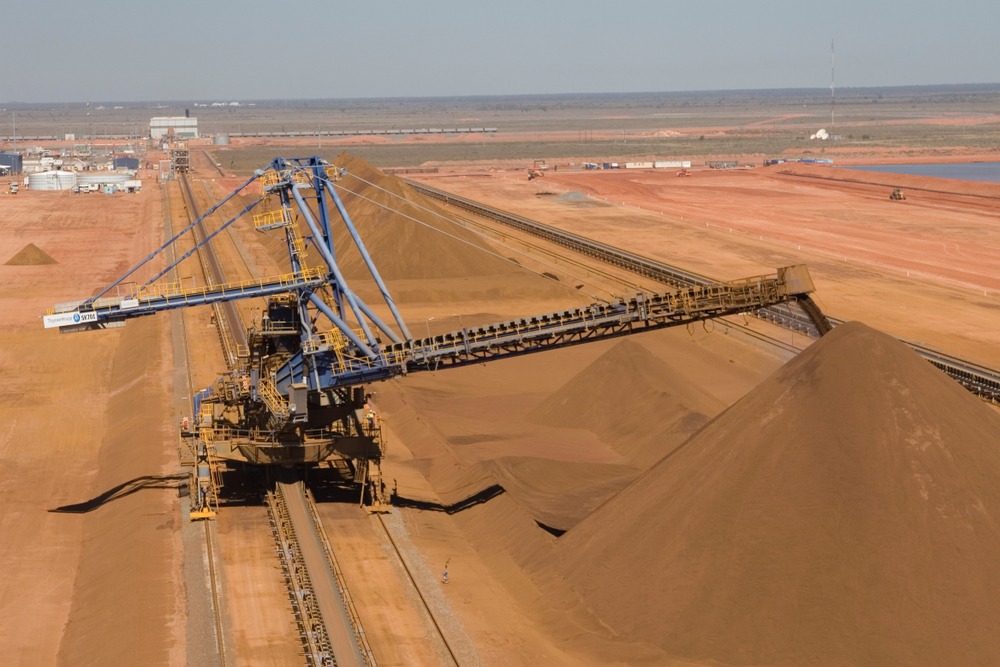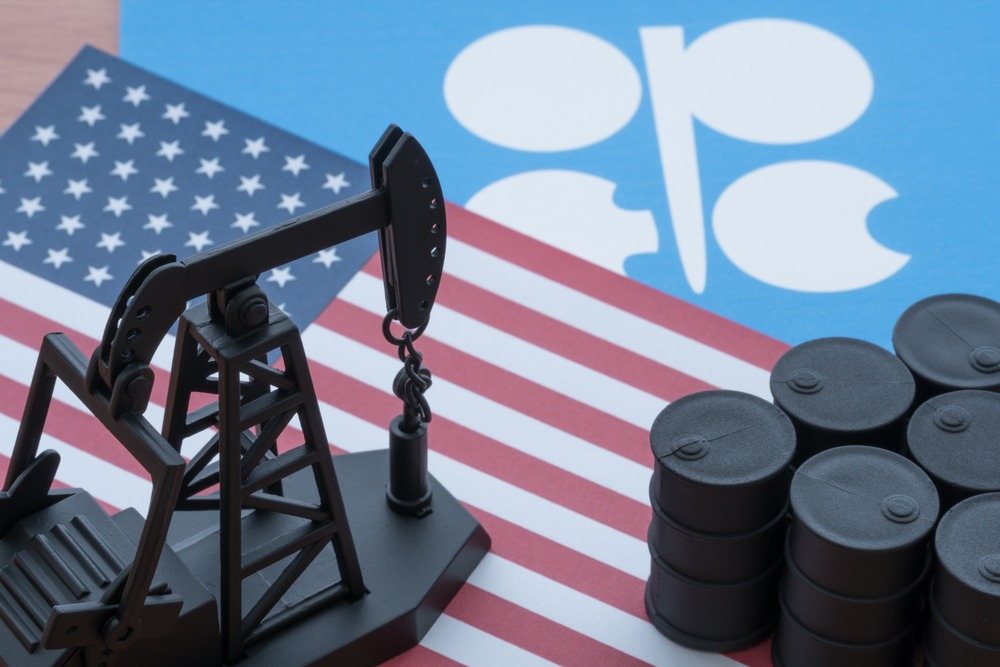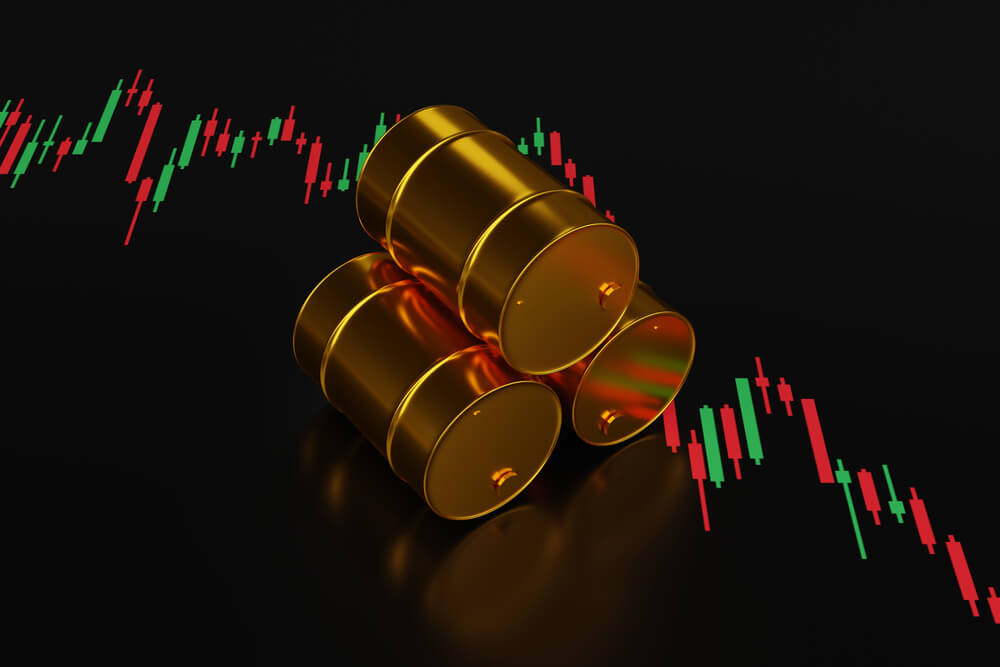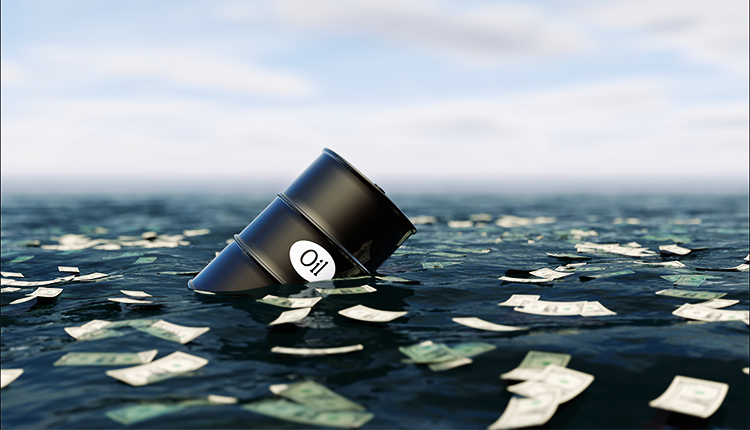The price of iron ore fell on Wednesday after the Shanghai Futures Exchange pledged to investigate “abnormal transactions,” adding to the government’s previous attempts to contain commodity inflation through warnings. The Dalian Commodity Exchange iron ore price fell 6.1 % to 994.50 ($155.59) yuan per tonne, just above the day’s low of 992 yuan ($155.20), its lowest since April 12. Shanghai construction steel rebar ended the day 6 % lower at 4,667 yuan ($729.79) per tonne.
As seen through the lens of consumption, China’s economic recovery remains underwhelming in terms of both people’s willingness and ability to spend. A significant increase in inflation in China might put policymakers in the difficult position of choosing between raising interest rates in reaction to inflation and maintaining the proper course of a mostly neutral monetary policy.
China’s economy
China’s economic solid momentum slowed slightly in May. Rising raw material prices squeezed profits, businesses became more cautious, and property and automobile sales underperformed. According to a Standard Chartered Plc survey of more than 500 companies, confidence among small and medium-sized enterprises, or SMEs, eased in May after reaching a high since the covid-19 outbreak the previous month.
The current performance index fell in the month, while a drop in the ‘expectations’ sub-index indicates concerns about future demand and profit margins. Domestically focused SMEs appear to be more vulnerable to rising input costs, whereas profit margins for export-oriented SMEs have remained stable despite firm new orders and higher output prices.
“I’m losing up to 1,300 yuan per ton right now, and if the price doesn’t rise soon, I’ll lose more than 1.4 million by the time I sell all of my present stock,” Yang Jin, a manager at Tangshan’s Xinjinfeng Steel Company, told the Global Times on Tuesday.
Global commodity price
The recent increase in global commodities prices is terrible. According to the CRB, the average cost of commodities has climbed 46 % since the second quarter of 2020, a commodity futures price index.
Market authorities have summoned company executives to warn them about pricing speculating. The State Council Executive Meeting raised the subject of “excessive speculation,” and a wide range of government agencies, from the powerful National Development and Reform Commission to industry associations representing practically every type of metal, have chimed in. According to the NDRC, the government would strictly monitor commodity prices and zero tolerance for irregular trade or price gouging.
So far, the impact of rising raw material prices has been limited and manageable, according to a source at a significant domestic construction machinery firm. According to Hong Shibin, deputy executive director of the China Household Electrical Appliances Association’s marketing committee, the impact of rising raw material prices would be felt quite differently for enterprises of different sizes as a bargaining game between dealers and manufacturers erupted.
















